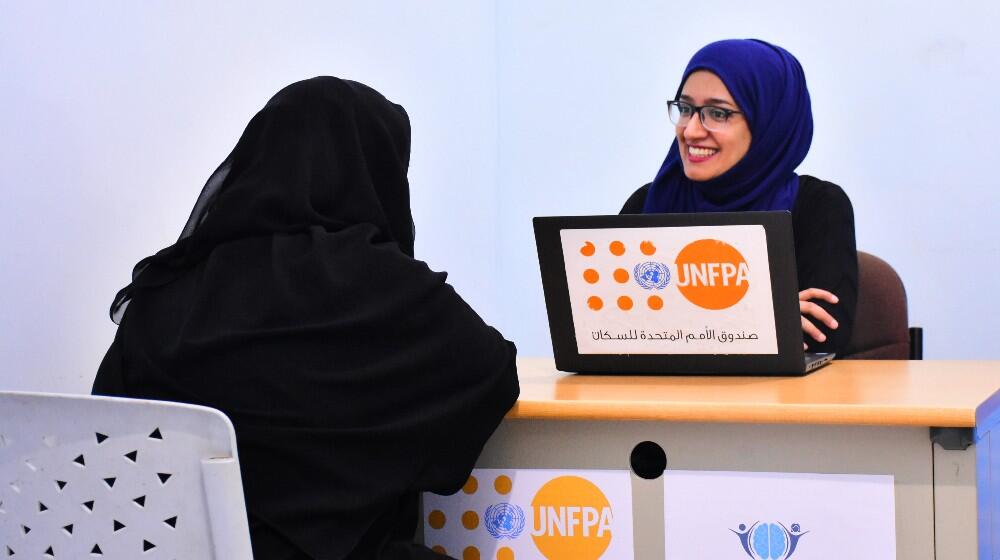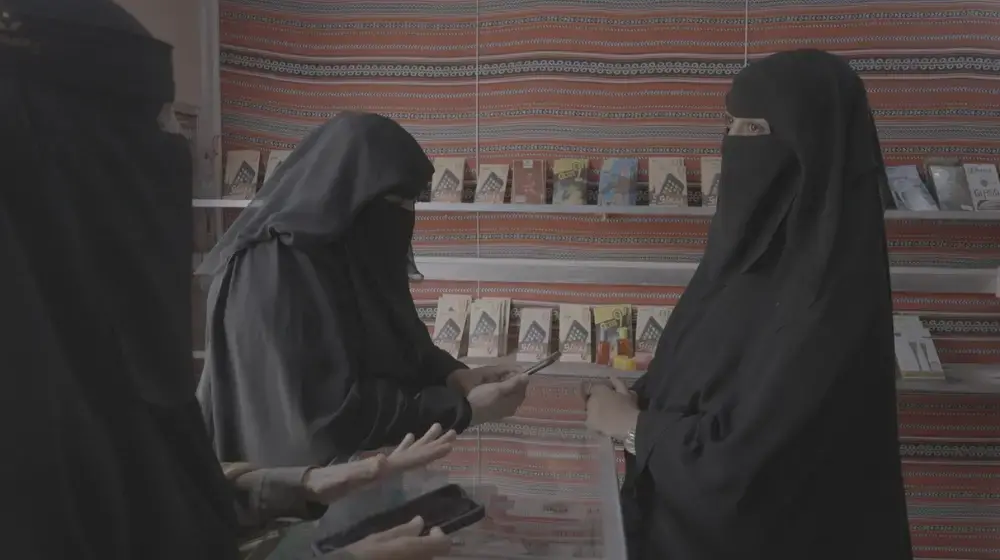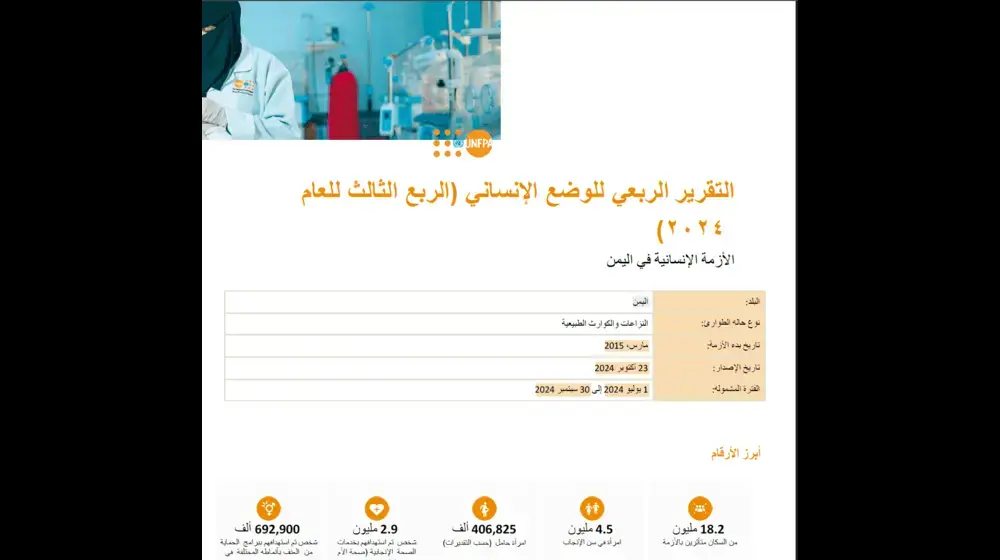"My journey has not been easy but with each therapy session, I gained new strength and indomitable determination,” said 42-year-old Samirah*, a nurse from Ibb Governorate.
Samirah studied nursing and was eager to build a career. At 23, Samirah got married and endured domestic violence for the next 10 years for sake of her three children, until she finally decided to divorce.
A new but fake marriage
A year later, Samirah’s neigbour brought her a marriage proposal from a Gulf businessman wishing to marry a Yemeni woman. Reluctant at first, Samirah agreed to the marriage, after his promise of a better life for her and her children.
Six days into the marriage, Samirah handed her new husband with all her official documents, including their marriage contract to prepare her move to the Gulf, but soon he disappeared.
"I called him repeatedly, but his phone was turned off. I searched for him everywhere, but there was no trace of him. Even his name in the marriage contract was fake. This man, whose name I don't even know, disappeared and left me alone," said Samirah.
Samirah resorted to excessive use of tranquilizers for solace, but they only worsened her situation. Soon she began to suffer from severe depressive episodes, sleep and appetite disturbances, isolation, and withdrawal with suicidal thoughts.
"I waited for him for months, hoping for his return, but my wait was in vain. He had deceived me and broke my heart. I will never forget the look of pity from the people around me. It was an indescribably painful feeling, she added"
A psychiatrist who was visiting the hospital where Samirah worked mentioned of a specialized mental health centre offering free services, which encouraged Samirah to visit the centre.
Free mental health services encourage women to seek help
The specialized mental health centre supported by UNFPA in collaboration with the Psychiatric Care Developmental Foundation was quick to refer Samirah to a psychologist and thereafter to psychiatrist.
The psychiatrist conducted a comprehensive assessment and diagnosed her with depression and addiction. A treatment plan was developed that included psychotropic medications and psychotherapy sessions using cognitive behavioral therapy techniques. The psychologist also made sure to include Samira in group therapy sessions, which gave her the opportunity to interact with other women who were experiencing similar problems. This provided her with a sense of support and belonging, and she learned new skills to cope with psychological pressures.
The treatment did not only stop with Samirah, but included her family as well. The specialized team realized that improving Samirah's relationship with her mother was essential for her psychological recovery. Sessions were held with her mother to address her behaviors and improve her way of dealing with Samirah. With time, Samirah's feelings of security, love, and support from her mother increased, which helped her feel confident and improve her psychological state.
After six months of treatment, Samirah has overcome her addiction, her psychological condition has improved, and she is able to regain control of her life.
“The specialized team helped me understand myself better and change my thinking and behaviour. Today, I feel like a completely new person. I have regained control of my life and I have begun to see my future with hope and optimism."
Samirah was also referred to a UNFPA- supported woman and girls safe space in Al Dhihar District to receive legal support. With the help of the safe space a lawyer was appointed to help with the legal procedures to obtain an annulment of the marriage after one year from the husband’s disappearance.
Mental health needs urgent across Yemen
More than nine years of conflict and deprivation has also taken a heavy toll on the mental health of Yemenis, particularly its women and girls. Mental health care remains scarce, and psychological illness is highly stigmatized. An estimated 7 million people require mental health treatment and support, but only 120,000 have uninterrupted access to these services. There are just 46 psychiatrists for the whole country – one for every 700,000 people.
Over the last six years, UNFPA has established six psychological support centres with funding from the European Union Humanitarian Aid, Norway and the USAID’s Bureau for Humanitarian Assistance.
Since the start of 2024, nearly 100,000 people received psychological support through a mental health hotline and in person at these centres – over three quarters of whom are survivors of gender-based violence.
*name changed for privacy and protection.




